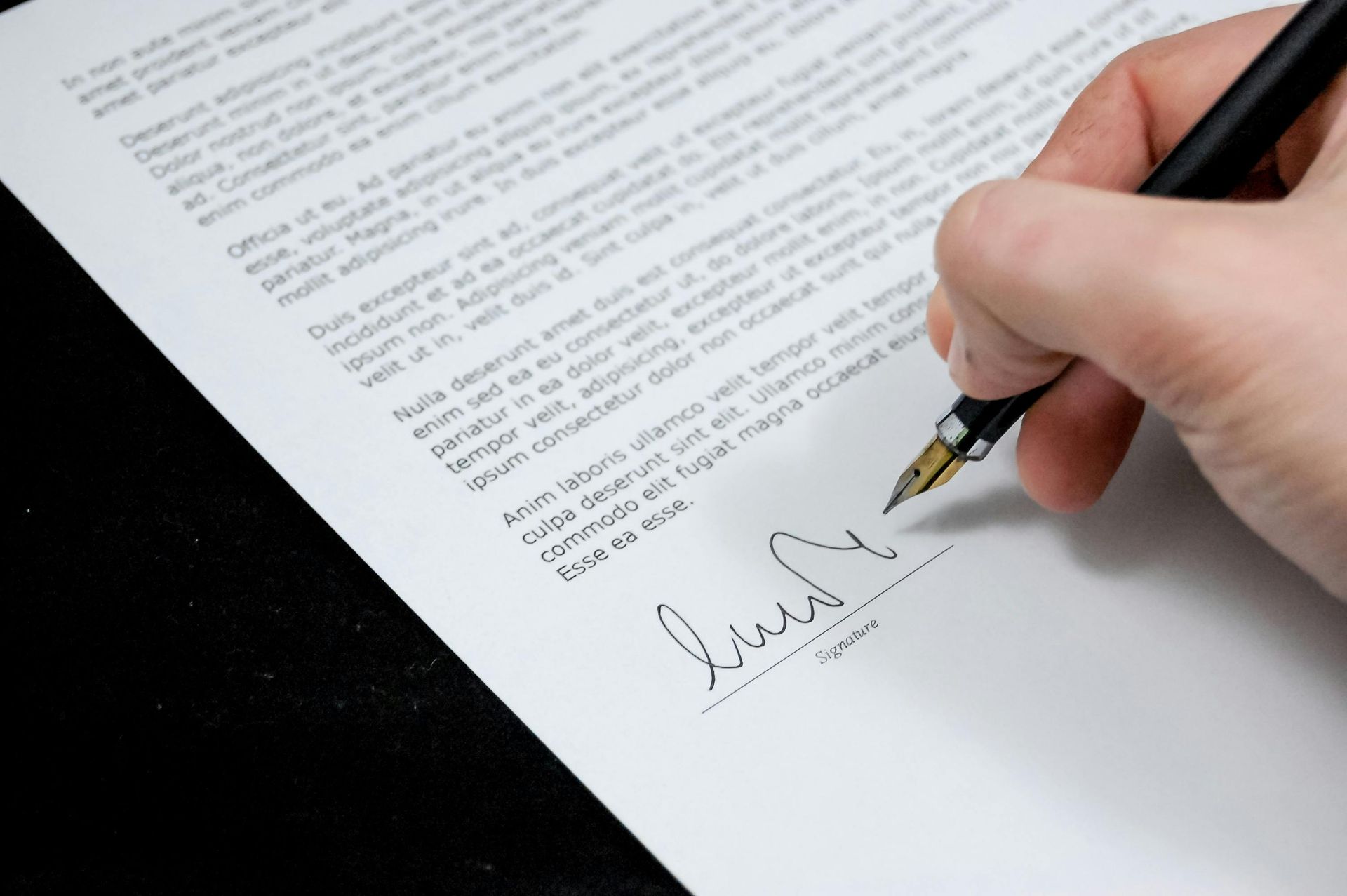Executor vs. Power of Attorney: Understanding Who Handles What, When
While both executors and Power of Attorney agents act on your behalf, they serve completely different purposes at different times in your life. Understanding these roles helps ensure your affairs are properly managed both during your lifetime and after your death.
What is an Executor?
An executor is the person you name in your will to handle your estate after you die. Think of them as your personal representative who steps in once you're gone to:
- Locate and secure your assets (bank accounts, property, investments)
- Pay outstanding debts, taxes, and final expenses
- Distribute your assets according to your will's instructions
- File necessary court documents and manage the probate process
- Close accounts, cancel services, and handle final administrative tasks
The executor only gains authority after your death and must often be approved by the probate court before they can act.
Power of Attorney: Active During Your Lifetime
In contrast, your Power of Attorney agents work for you while you're alive but unable to handle matters yourself due to illness, injury, or incapacitation. As discussed previously:
- General POA manages financial and legal affairs
- Medical POA makes healthcare decisions
Crucially, all Power of Attorney authority automatically ends when you die—your POA agents have no legal standing to handle your affairs after death.
The Critical Handoff
This creates an important transition: when you die, your POA agents must step back, and your executor takes over. Many people don't realize this gap exists and assume their POA will handle everything.
Why You Need Both
Consider this scenario: You become incapacitated due to a stroke. Your POA agents manage your finances and medical care during your illness. When you eventually pass away, your POA authority dies with you, and your executor begins settling your estate according to your will.
Common Overlap and Smart Planning
Many people choose the same person for both roles—naming their most trusted child as both POA agent and executor. This creates continuity and ensures someone familiar with your affairs handles both phases. However, the roles require different skills: POA agents need to make ongoing decisions under pressure, while executors need organizational skills and patience for the administrative process of settling an estate.
The Bottom Line
POA agents protect you while you're alive but incapacitated; executors protect your legacy after you're gone. You need both properly documented to ensure seamless management of your affairs throughout all of life's circumstances. Without an executor named in a valid will, courts will appoint someone—who may not be your preferred choice—to handle your estate.




